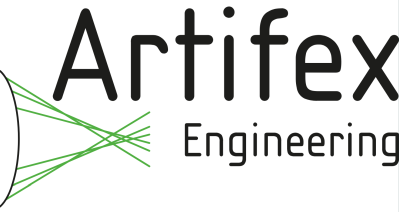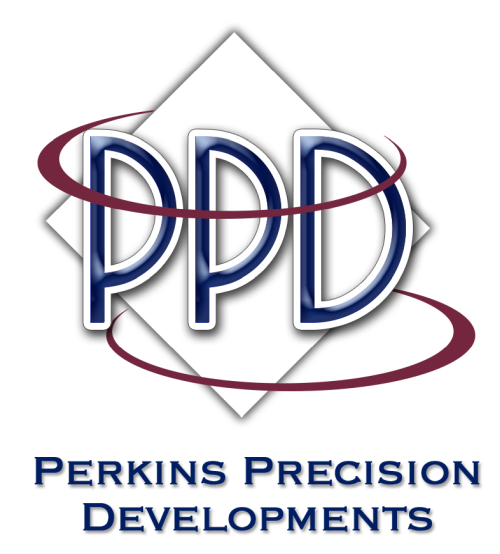polarization optics (original) (raw)
Definition: optics used for manipulating the polarization state of light
- optical elements
- achromatic optics
- adaptive optics
- aspheric optics
- custom optics
- diffractive optics
- fiber optics
- flat optics
- large diameter optics
- laser optics
- nonlinear optics
- optical elements for imaging
- polarization optics
* polarizers
* waveplates
* Berek compensators
* Brewster plates
* depolarizers
* polarization scramblers
* Faraday rotators
* optical isolators
* Faraday circulators
* Faraday isolators
* Faraday mirrors
* Babinet–Soleil compensators
* fiber polarization controllers
* (more topics) - refractive optical elements
- reflective optical elements
- beam splitters
- beam collimators
- beam expanders
- beam homogenizers
- diffusers
- group velocity delay compensation plates
- optical apertures
- optical attenuators
- optical filters
- optical modulators
- optical windows
- phase corrector plates
- (more topics)
Related: polarization of lightoptical elementspolarizerswaveplatesdepolarizersFaraday rotatorsFaraday isolatorsFaraday mirrors
DOI: 10.61835/t0y Cite the article: BibTex BibLaTex plain textHTML Link to this page! LinkedIn
Content quality and neutrality are maintained according to our editorial policy.
📦 For purchasing polarization optics, use the RP Photonics Buyer's Guide — an expert-curated directory for finding all relevant suppliers, which also offers advanced purchasing assistance.
What is Polarization Optics?
Polarization optics includes optical elements used primarily for manipulating the polarization of light. Often, this is done for other final purposes — for example, for realizing optical isolators or for modulating other properties of light such as optical power or optical phase. Therefore, polarization-optical elements are often found within other devices or systems.
Optical Elements for Manipulation Polarization
Typical elements of polarization optics are:
- Polarizers of various kinds provide transmission which depends on the polarization of light.
- Brewster plates can be inserted in lasers, for example, to enforce linear polarization.
- Waveplates are used to manipulate the polarization state of transmitted light.
- Faraday rotators, often used as part of Faraday isolators or Faraday mirrors, rotate polarization.
- Depolarizers and polarization scramblers can be used for more or less effectively removing polarization of light.
Further, some types of optical modulators — specifically electro-optic modulators — can be used to control polarization states.
Suppliers
Sponsored content: The RP Photonics Buyer's Guide contains 248 suppliers for polarization optics. Among them:
⚙ hardware
We offer a wide range of polarizers and other polarization optics for many different uses. Choosing the right polarization optic for your application can be a bewildering task, as we offer a wide range for many different uses.
A brief tutorial is available on our website.
Feel free to contact us for assistance. Our experienced staff is only too pleased to help you with the decision process.
⚙ hardware
OPTOMAN’s oolarization optics are engineered for precise and stable control of light polarization in high-power and ultrafast laser systems. Explore high-power thin-film polarizers that efficiently separate s- and p-polarized light with high extinction ratios and minimal absorption, zero-order IBS-coated air-spaced waveplates that maintain phase accuracy and stability across different temperatures and wavelengths, and optically contacted polarizing cube beamsplitters that enable robust, alignment-friendly laser beam splitting or combining.
Standard Polarization Optics can be found in OPTOSHOP.
⚙ hardware
DIAMOND provides high quality solutions for polarization-sensitive devices based upon polarization maintaining (PM) and polarizing (PZ) fiber-optic interfaces to optimally control the polarization state of the signal. Low Insertion Losses (IL) combined with high Polarization Extinction Ratios (PER) and higher Return Losses (RL) are achieved over very broad spectral ranges through a combination of precise optical and mechanical design.
⚙ hardware
Polarization optics ensure stable signal transmission by preserving light polarization. SYLEX offers PM jumpers, fiber arrays, and PANDA-based interconnects with FC, LC, SC, and MU connectors. Ideal for interferometers, modulators, and PICs, these solutions deliver low insertion loss and high PER for demanding photonic applications.
For more details on these polarization-maintaining solutions, visit SYLEX's website.
⚙ hardware

Perkins Precision Developments (PPD) specializes in providing custom, high energy polarization optics such as epoxy-free polarizing beam splitter cubes and thin film plate polarizers. Because we utilize Ion Beam Sputtering (IBS) coating technology, our Brewster’s angle polarizers and 45 degree dielectric plate polarizers are environmentally stable, with no spectral shift caused by either time, moisture or temperature. The predictability and repeatability of IBS thin film coatings allow us to guarantee high transmission at a specific angle of incidence, eliminating the need to angle tune the optical component in order to achieve optimal performance.
As with all of our custom laser optics and polarizers, PPD's polarizing beam splitter cubes exhibit high extinction (Tp/Ts) and high damage thresholds, making them ideal for use with high energy Nd:YAG and fiber lasers, as well as other high-power pulsed and CW lasers used in directed energy research, space-qualified satellite systems and industrial materials processing.
Key features of PPD's polarizer cubes and plate polarizers include:
- Low absorption and high damage thresholds (>20 J/cm2) — ideal for high energy pulsed Nd:YAG lasers, fiber lasers and other CW laser systems
- Space-flight qualified
- Durable, stable and epoxy-free
- Fully manufactured and coated at our ITAR-compliant Colorado facility
See also our white paper on High Power Polarizers!
Questions and Comments from Users
Here you can submit questions and comments. As far as they get accepted by the author, they will appear above this paragraph together with the author’s answer. The author will decide on acceptance based on certain criteria. Essentially, the issue must be of sufficiently broad interest.
Please do not enter personal data here. (See also our privacy declaration.) If you wish to receive personal feedback or consultancy from the author, please contact him, e.g. via e-mail.
By submitting the information, you give your consent to the potential publication of your inputs on our website according to our rules. (If you later retract your consent, we will delete those inputs.) As your inputs are first reviewed by the author, they may be published with some delay.
 general optics
general optics






